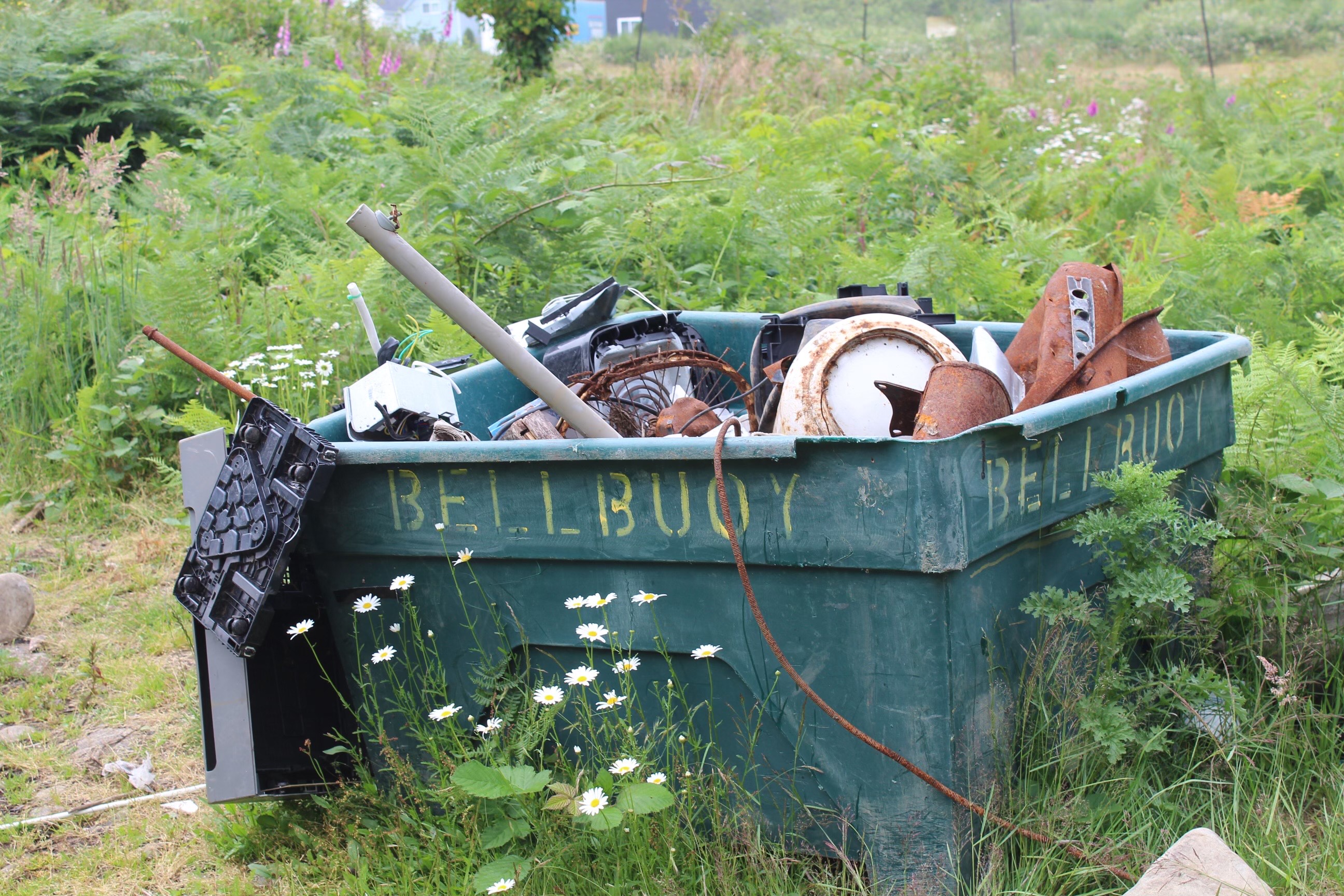Portland Water Bureau Warns Of High Lead Levels
Published 4:00 pm Monday, February 24, 2014
If your drinking water comes from Oregon’s Bull Run watershed, and you live in a home built between 1970 and 1985, the Portland Water Bureau has some bad news for you.
Your drinking water could have high levels of lead.
The Portland Water Bureau tests the water in the kitchen sinks of 120 high-risk homes twice a year. In the latest round of testing, more than 10 percent of the homes tested had water that exceeded the EPA’s lead standard of 15 parts per billion.
The Portland Water Bureau does treat Bull Run drinking water to make it less corrosive by raising the pH of the water. But it takes a less aggressive approach to treatment than many large metro areas and instead focuses on educating the public about the risks of lead in homes, according to Scott Bradway, a water quality manager with the Portland Water Bureau.
“We proposed to the state that instead of building additional treatment facilities, the best benefit for the public and the public health would be to utilize those resources to help fund lead paint hazard reduction throughout the community,” Bradway said.
According to the Portland Water Bureau, the U.S. Environmental Protection Agency estimates that 10 to 20 percent of a person’s potential exposure to lead may come from drinking water.
In response to the elevated test results, water bureaus in the Portland metro area have mailed letters to 25,000 homes where lead in drinking water could be a health concern.
Bradway says a relatively small portion of Portland homes are at risk.
“Where lead is found in Portland is in household plumbing. And in particular, it’s found in a small portion of homes; generally those that were built between 1970 and 1985 that have copper pipes and lead solder,” Bradway said.
Bradway added that it’s a common misconception that homes with some of the oldest pipes have lead in them. But very old pipes were made of iron.
The Portland Water Bureau has made an effort to notify households with pregnant women and children under six, who are particularly vulnerable to health problems caused by lead.
The water bureau says there are steps customers can take to reduce their exposure to lead in your water. You can find out more about what steps to take here: https://www.portlandoregon.gov/water/article/482234
To get your water tested for lead or for more information on reducing lead exposure around your home or building and the health effects of lead, contact the LeadLine at 503-988-4000, or visit their website at www.leadline.org.
This story originally appeared on Oregon Public Broadcasting.









